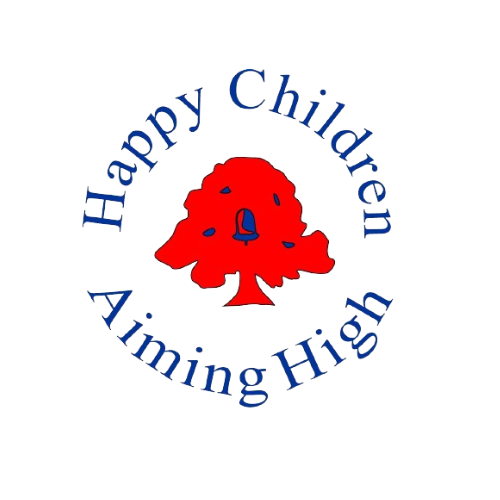Maths
Intent
At Palfrey Infant School we aim to promote a love of mathematics in all children through practical, engaging and varied opportunities. By utilising a concrete, pictorial and abstract approach we will guide children on their path to mastering mathematical concepts.
We broadly follow the White Rose Maths scheme and aim to provide children with a range of engaging, interactive and challenging activities that support children to communicate mathematically and become confident, independent and fluent learners. Children will further deepen their understanding through opportunities to reason mathematically, problem solve and apply their knowledge in real-life situations.
Our curriculum delivers the requirements of the National Curriculum for Mathematics, covering the topics of number and place value, addition and subtraction, multiplication and division, measurement, geometry, and statistics. The expectation is that the majority of pupils will move through the programmes of study at broadly the same pace. However, decisions about when to progress should always be based on the security of pupils’ understanding and their readiness to progress to the next stage. Pupils who grasp concepts rapidly should be challenged through being offered rich mastery problems.
Maths forms an important part of our broad and balanced curriculum as it is a skill we use on a daily basis and is an essential part of everyday life. We aim for all pupils to build confidence and develop an enthusiasm for maths that they can carry forward with them in their learning journey and stay with them throughout their lives.
Implementation
Reception and Year 1 follow the White Rose scheme of learning which is based on the National Curriculum. Lessons may be personalised to address the individual needs and requirements for a class but coverage is maintained. Year 2 follow the White Rose scheme of learning but the yearly overview of what is taught when has been adapted to suit the needs of our learners, allowing more opportunities to revisit topics throughout the year. The White Rose scheme is supplemented with Primary Stars Maths which runs parallel and offers activities with varying scaffolds to suit the needs of the children.
We implement our approach through high quality teaching delivering appropriately challenging work for all individuals. To support us, we have a range of mathematical resources in classrooms including Numicon, Base10 and counters (concrete equipment). When children have grasped a concept using concrete equipment, images and diagrams are used (pictorial) such as, part-whole models, bar models and number lines, prior to moving to abstract questions. Abstract maths relies on the children understanding a concept thoroughly and being able to use their knowledge and understanding to answer and solve maths without equipment or images.
The White Rose Flashback 4 is used to aid children’s understanding and memory of topics taught. Flashback 4 gives regular opportunities for children to practise something from the last lesson, last week, last unit and last year. Children complete end of unit assessments in Year 1 and half termly assessments in Year 2.
To help develop fluency of number facts, children complete a five-minute maths challenge each week. Reception challenges are pictorial and KS1 are abstract. The children have to achieve 25 out of 30 (Reception) or 45 out of 50 (KS1) to move to the next level. Children are encouraged to beat their score from the previous week. After three levels are completed, children’s progress is celebrated with a certificate.
Impact
The outcomes of pupils are monitored by the class teachers, subject lead and SLT through book scrutiny, learning walks, moderation and pupil interviews.
Children demonstrate a liking for maths across school and many develop confidwww.gov.uk/government/publications/national-curriculum-in-england-english-programmes-of-study/national-curriculum-in-england-english-programmes-of-studyence in recall of facts though the maths challenges. Attainment of all maths objectives is recorded and monitored using the school tracking system ‘Insight’.
By the end of Year 2 the majority of pupils have developed into confident mathematicians demonstrating good problem-solving skills and the ability to reason about number. Pupils achieve end of key stage results that are in line with or exceeding national data.
More information can be found on the Department for Education website:
Early years foundation stage (EYFS) statutory framework
National curriculum in England: mathematics programmes of study
